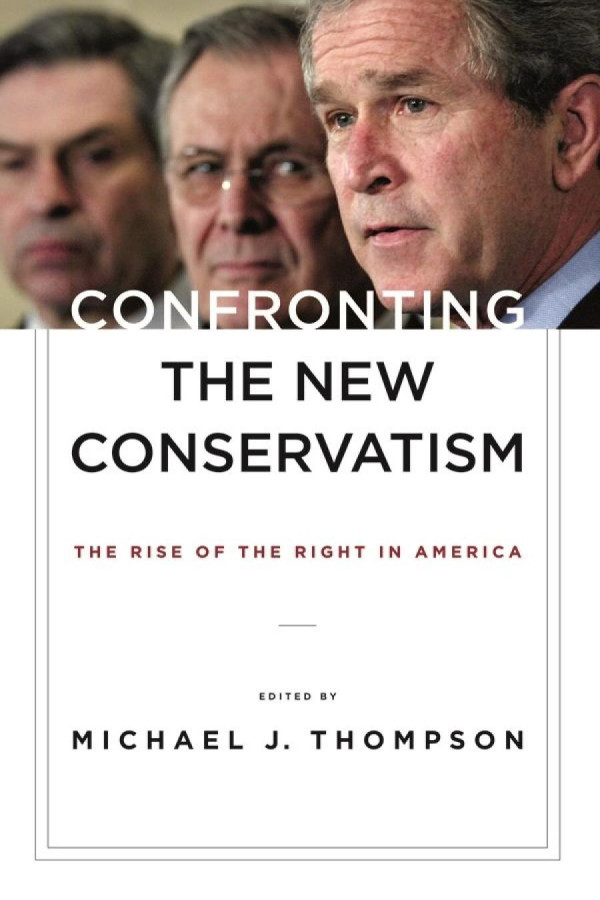

Most ebook files are in PDF format, so you can easily read them using various software such as Foxit Reader or directly on the Google Chrome browser.
Some ebook files are released by publishers in other formats such as .awz, .mobi, .epub, .fb2, etc. You may need to install specific software to read these formats on mobile/PC, such as Calibre.
Please read the tutorial at this link: https://ebookbell.com/faq
We offer FREE conversion to the popular formats you request; however, this may take some time. Therefore, right after payment, please email us, and we will try to provide the service as quickly as possible.
For some exceptional file formats or broken links (if any), please refrain from opening any disputes. Instead, email us first, and we will try to assist within a maximum of 6 hours.
EbookBell Team

4.1
50 reviewsWilliam Kristol, Paul Wolfowitz, Donald Rumsfeld, Condoleeza Rice, George F. Will, and Dick Cheney. These are today’s neoconservatives“confident, clear-cut, and a political force to be reckoned with. But how should we define this new conservatism? What is new about it? In this volume, some of today's top political scholars take on the charge of explaining, defining, and confronting the new conservatism of the last twenty-five years. The authors examine the ideas, policies and roots of this ideological movement showing that contemporary neoconservatism has been able to blend many of the aspects of social conservatism—such as religious populism and nationalism—with economic liberalism and the rhetoric of equality of opportunity and individualism. With their emphasis on dismantling the welfare state and a rhetorical return to economic laissez faire and individual rights, neoconservatives have been able to harness populist sentiment in terms of both economics and cultural issues. And with their belief in moral and cultural “simplicity,” their turn away from science, their conviction in American superiority on the global stage, and their embrace of “anti-government” rhetoric, they have effectively changed the nature of the American political landscape.
The contributors to Confronting the New Conservatism offer a trenchant analysis and substantive critique of the neoconservative ethos, arguing that it is an ideology that needs to be better understood if change is to be had.
Contributors: Stanley Aronowitz, Chip Berlet, Stephen Eric Bronner, Lawrence Davidson, Greg Grandin, Philip Green, Diana M. Judd, Thomas M. Keck, Charles Noble, R. Claire Snyder, Michael J. Thompson, and Nicholas Xenos.